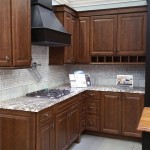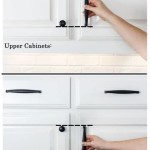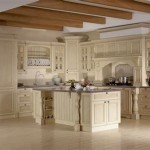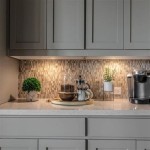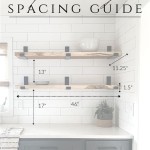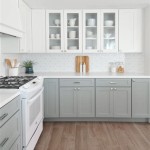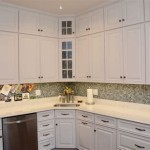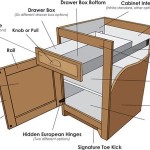Elevate Your Kitchen with Distressed Kitchen Cabinets Chalk Paint
Distressed kitchen cabinets have become a sought-after design trend, offering a unique blend of rustic charm and modern elegance. Chalk paint, with its distinctive matte finish and ease of application, is the perfect choice for achieving this coveted look. Here's a comprehensive guide to the essential aspects of distressed kitchen cabinets chalk paint to inspire your transformative project.
Choosing the Right Chalk Paint
The selection of chalk paint is crucial for achieving the perfect distressed effect. Opt for reputable brands that offer high-quality products with superior coverage and durability. Consider the finish you desire, whether a smooth, textured, or ultra-matte look. Pay attention to the color range and choose shades that complement your kitchen's décor.
Preparing the Cabinets
Proper preparation is key to ensure a flawless finish. Remove all hardware and thoroughly clean the cabinet surfaces to remove any dirt or debris. Use a deglosser or sanding sponge to create a slightly rough texture, which will enhance paint adhesion. If necessary, fill any holes or dents with wood filler and sand it smooth.
Applying the Chalk Paint
Use a high-quality paintbrush or roller to apply the chalk paint in thin, even coats. Avoid applying thick layers, as this can lead to cracking or peeling. Allow each coat to dry completely before applying the next. The number of coats required will vary depending on the desired coverage and distress level.
Distressing the Cabinets
Creating the distressed effect is an art form that requires patience and precision. Start by sanding lightly in strategic areas, such as edges, corners, and along raised panels. Use a sanding block or sandpaper with a medium grit. Gradually increase the pressure to create varying degrees of distress.
Glazing and Finishing
Glazing adds depth and definition to the distressed finish. Apply a glaze over the painted surfaces, focusing on the areas you want to highlight. Wipe off any excess glaze with a clean cloth or brush. Finish the project by applying a clear topcoat to protect the paint and enhance the distressed look.
Distress Levels
The level of distress you create depends on your personal preference. If you prefer a subtle effect, sand lightly and focus on specific areas. For a more pronounced distressed look, increase the sanding pressure and distress a larger surface area.
Tips for a Successful Project
- Use a primer if your cabinets have a dark or glossy finish. - Practice your distressing technique on a spare piece of wood before working on your actual cabinets. - Allow ample drying time between each step. - Wear appropriate safety gear, such as a dust mask and safety glasses. - Clean your brushes and rollers thoroughly after each use.
Conclusion
Transforming your kitchen cabinets with distressed chalk paint is a rewarding DIY project that adds character and charm to your home. By following these essential aspects, you can achieve a professional-grade finish that will elevate your kitchen's style and functionality for years to come.

Chalk Painted Kitchen Cabinets 2 Years Later Our Storied Home

Painting Kitchen Cabinets With Chalk Paint Simply Today Life

Maison Decor Kitchen Cabs Get A Grey Chalk Wash Cupboards Paint French Country Kitchens

Painting Kitchen Cabinets With Chalk Paint The Kelly Homestead

Rescuing And Reviving A Glazed Distressed Kitchen Bella Tucker

Chalk Painted Kitchen Cabinets 2 Years Later Our Storied Home

Old White Distressed Kitchen By Agnieszka Krawczyk Annie Sloan

Why I Repainted My Chalk Painted Cabinets Sincerely Sara D Home Decor Diy Projects

Antiqued Cabinets Home Decor Kitchen Remodel Refinishing

Chalk Painted Kitchen Cabinets 2 Years Later Our Storied Home
Related Posts

